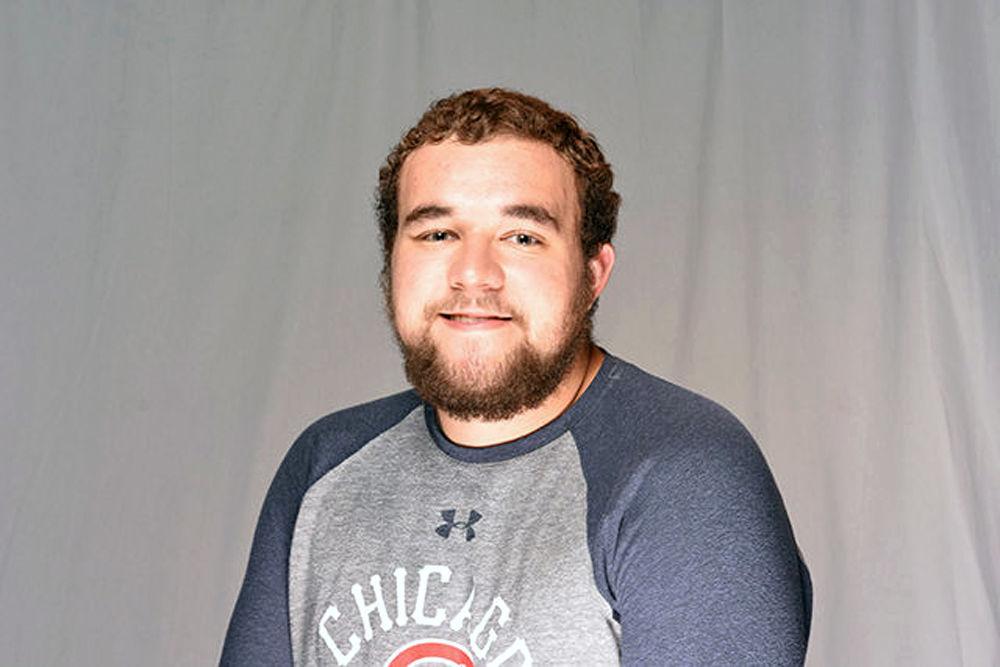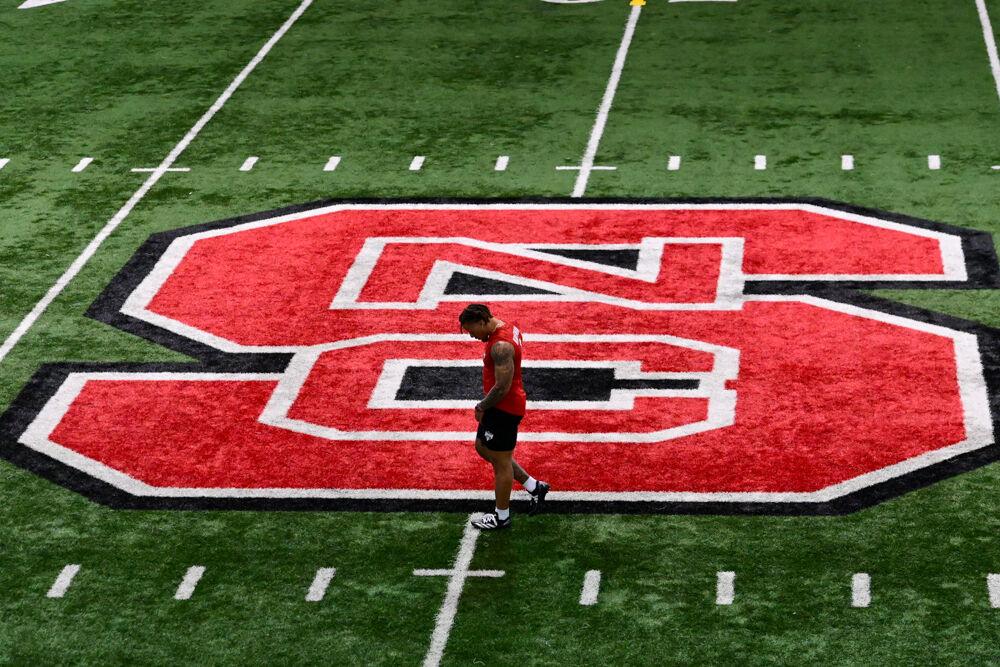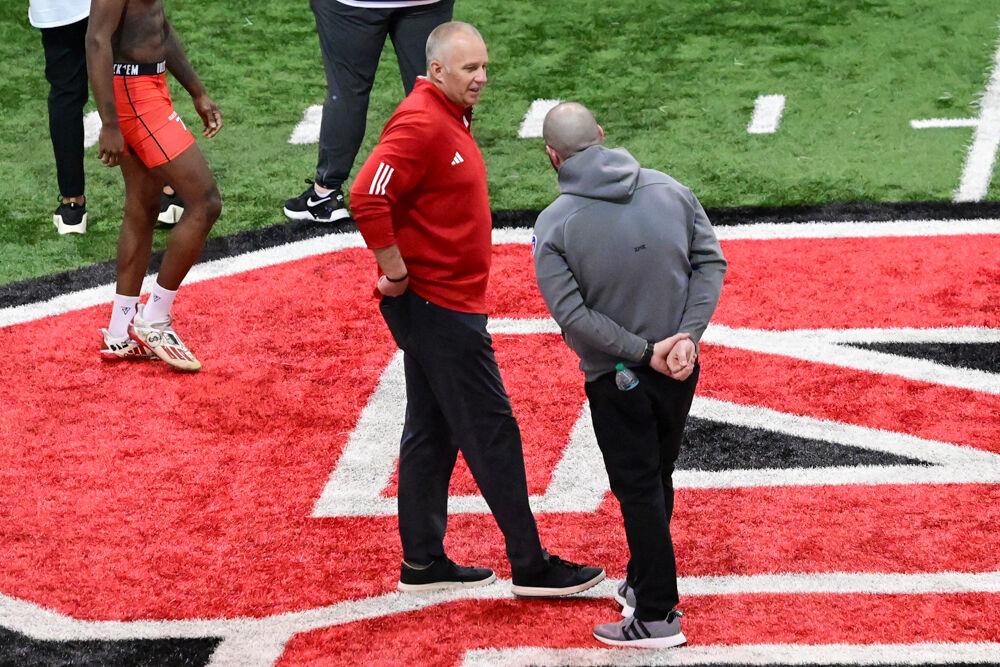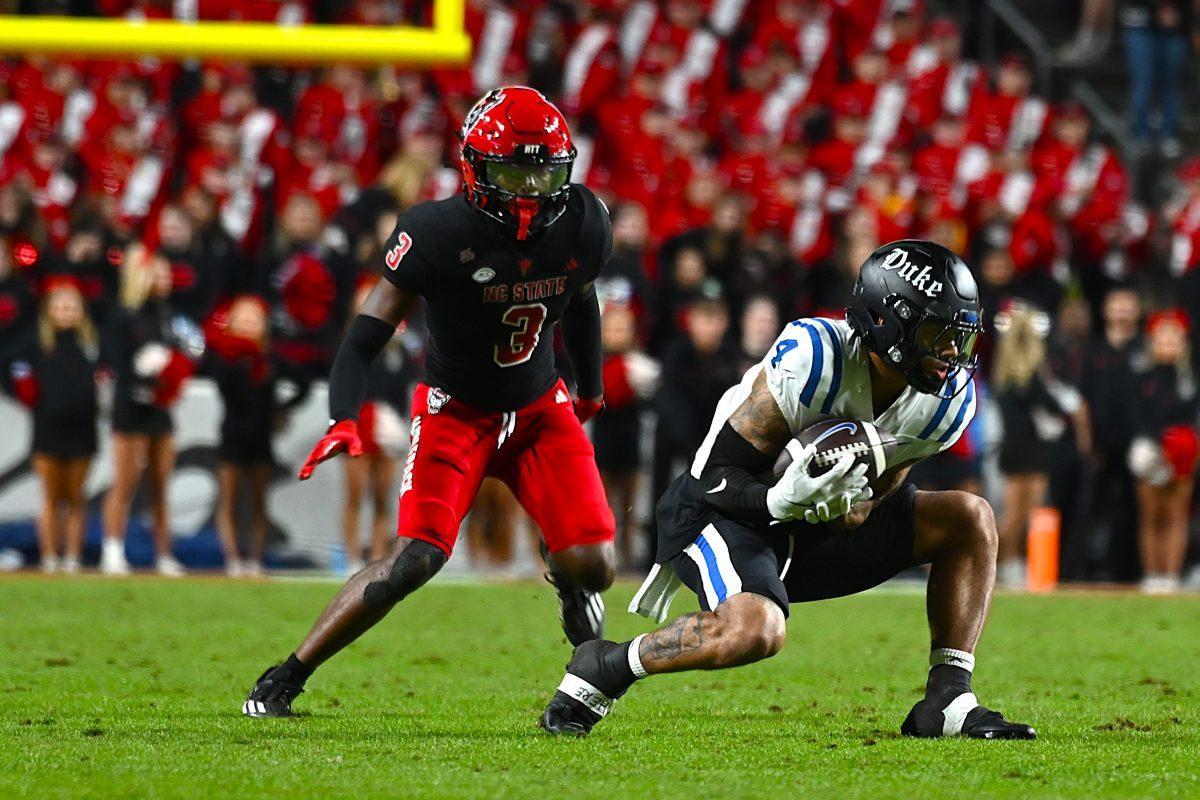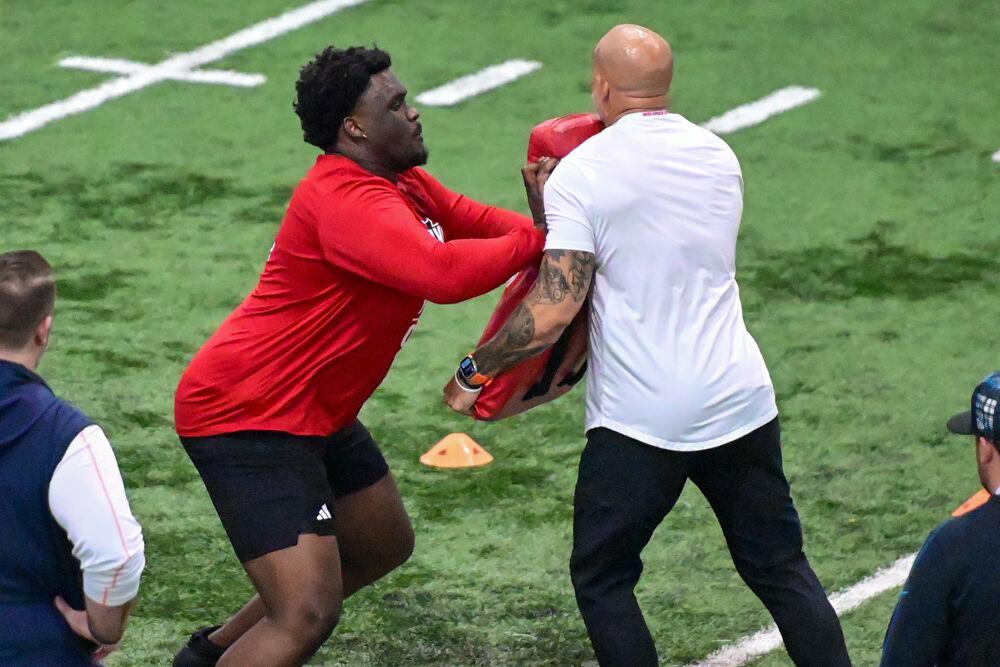College football is right around the corner, and with it will return the thundering stadium atmospheres, the intense rivalries and the recurring brain injury and trauma that has plagued America’s favorite sport for years.
Football’s biggest enemies are concussions and chronic traumatic encephalopathy, much more commonly known as CTE. Because of these, player safety and protection from head injuries has taken center stage for the last few years. Rule changes to kickoffs, tackling methods and more have been implemented to protect players’ brains, and the sport has battled the line between player safety and becoming too “soft.”
This week at the ACC Football Kickoff in Charlotte, UNC-Chapel Hill head coach Larry Fedora made national headlines. Fedora made comments denying the link between football and CTE, stating that football was “under attack.”
“I don’t think it’s been proven that the game of football causes CTE,” Fedora said.“We don’t really know that. Are there chances for concussions? Of course. There are collisions. But the game is safer than it’s ever been.”
Simply put, Fedora is wrong, and his denial of the truth is a greater example of the detrimental mindset of an older generation of football fans: that the sport is becoming too “soft,” when in reality the sport is adapting to protect its players, something it has to do if it wants to survive.
A 2017 study by the Journal of the American Medical Association showed that CTE was diagnosed in 87 percent of deceased former American football players across all levels, and that CTE was found in 99 percent of subjects that played in the National Football League.
Fedora can deny the connection all he wants, but 87 percent is no coincidence. Football leads to CTE, and for the sport to survive, players need to be protected. The rules may take away the bone-crunching hits that fans of past generations love, but that is something that needs to happen to keep football relevant, and something Fedora believes is an “attack” on the sport.
“I believe the game’s under attack right now. I really do. And if we’re not careful, we’re going to lose what the game is all about,” Fedora said. “I fear that the game will get pushed so far to one extreme that you won’t recognize the game 10 years from now.
If football is under attack as Fedora suggests, it is under attack for the right reasons. Things need to change. The sport, its coaches and its fans can’t let CTE continue to be so much a part of football. It costs too much.
In 2012, Kansas City Chiefs linebacker Jovan Belcher shot and killed his girlfriend, before driving to the Chiefs’ practice facility and committing suicide in front of team officials. Belcher had CTE. In 2013, Junior Seau, one of the best to ever strap on football pads, killed himself. Seau had CTE.
Earlier this year, Washington State quarterback Tyler Hilinski committed suicide. His autopsy revealed he had CTE, and “the brain of a 65-year-old.” Those are just three cases. Three out of who knows how many. Football may be under attack, but isn’t that worth it? To save lives, football needs to change.
People like Fedora, who deny science and are hesitant to change in their beloved sport, are a detriment to football. The days of crunching helmet-to-helmet hits need to be gone, for the good of the game and its players. Fedora said repeatedly he believes football is as safe as ever, and he may be right. But is it safe enough? Those who carry similar mindsets to Fedora are just slowing down the progress to be made in the sport.
Fedora did discuss the importance of player safety, and his comments in no way suggest he doesn’t care about his players. However, his denial of the facts is still alarming. With Fedora’s statements making waves, other ACC coaches gave their opinions on player safety, CTE and the changes coming to the sport. NC State head coach Dave Doeren emphasized needing to learn about concussions and CTE.
“We’re just trying to learn it,” Doeren said. “I think we’re all learning as we go, and at the end of the day; I have three sons. We treat our players as sons. We want them to compete hard in a very physical sport but compete as safely as they can.”
Football, like any sport, is ever-changing, and right now the focus is rightfully on player safety and protecting from head injuries. Football is dangerous, but it can be made less dangerous if those involved are willing to learn the harms of the sport and allow it to change. Fedora, and any coach like him, needs to accept reality and let football adapt for the good of the sport and its players.


